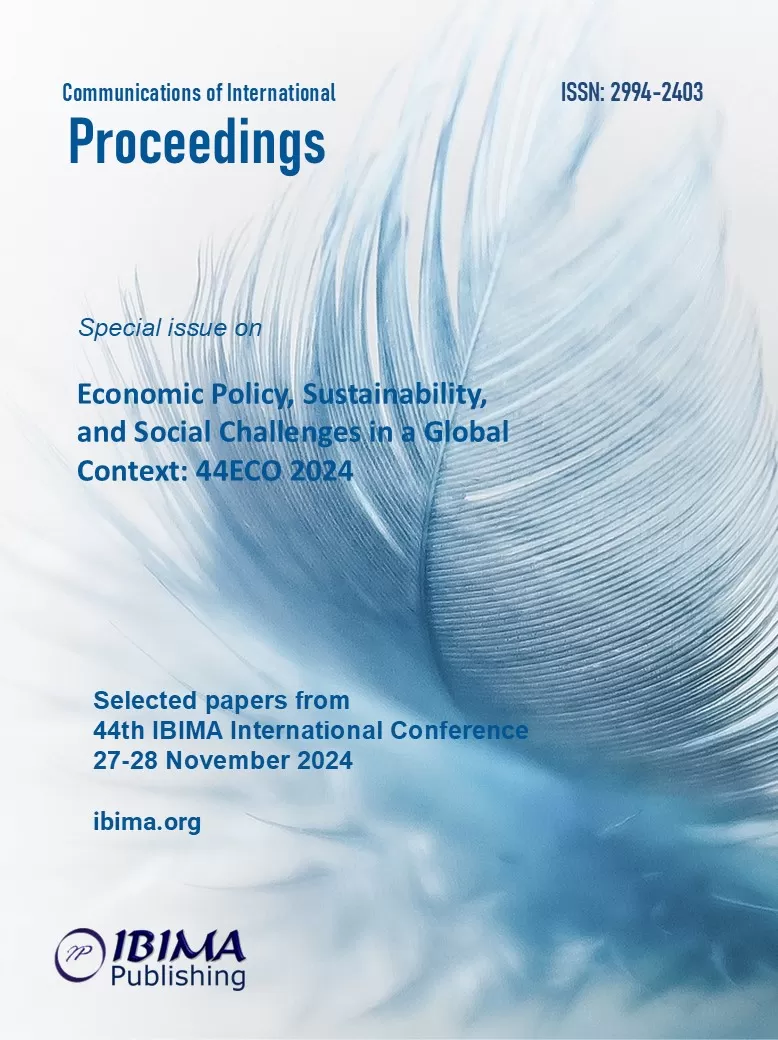
Krzysztof SALA
University of the National Education Commission, Krakow, Poland

Loft hotels are an example of a unique segment on the contemporary hotel market. Their creation and operation is usually based on the revitalization of formerly neglected post-industrial facilities and conversion into commercial activities. On the one hand, the client receives a sublime accommodation offer; while on the other hand, the previously closed facility is restored to life and generate income from its new role. Due to the development of loft hospitality in the world and in Poland, economic aspects of its operation remain an issue worthy of analysis. The aim of the publication is to identify important economic factors affecting the activity of loft hotels in Poland. The article formulated the following research thesis: The functioning of loft hotels is characterized by capital intensity, and high and specific operating costs.
The methodology used in the work was based on the analysis of existing data and literary criticism, and quantitative and qualitative research. The subject of the study was a selected group of people representing loft hotels from all over Poland. The results enabled to achieve the purpose of the work and verify the thesis. Important economic factors affecting the operation of loft hotels include the employee remuneration costs, and the materials and energy consumption. Additionally, pricing policy based on the observation and analysis of the market demand in conjunction with the offer of an adequate quality level that effectively affects customer spending and profits achieved should also be considered. The capital intensity, specificity and volume of the hotel operating costs result from the historic nature of the facilities, extensive costs generated by specific equipment and ensuring an appropriate quality level associated particularly with high categorization. The results may be especially important for the people professionally associated with the hotel industry and scientists studying the industry.